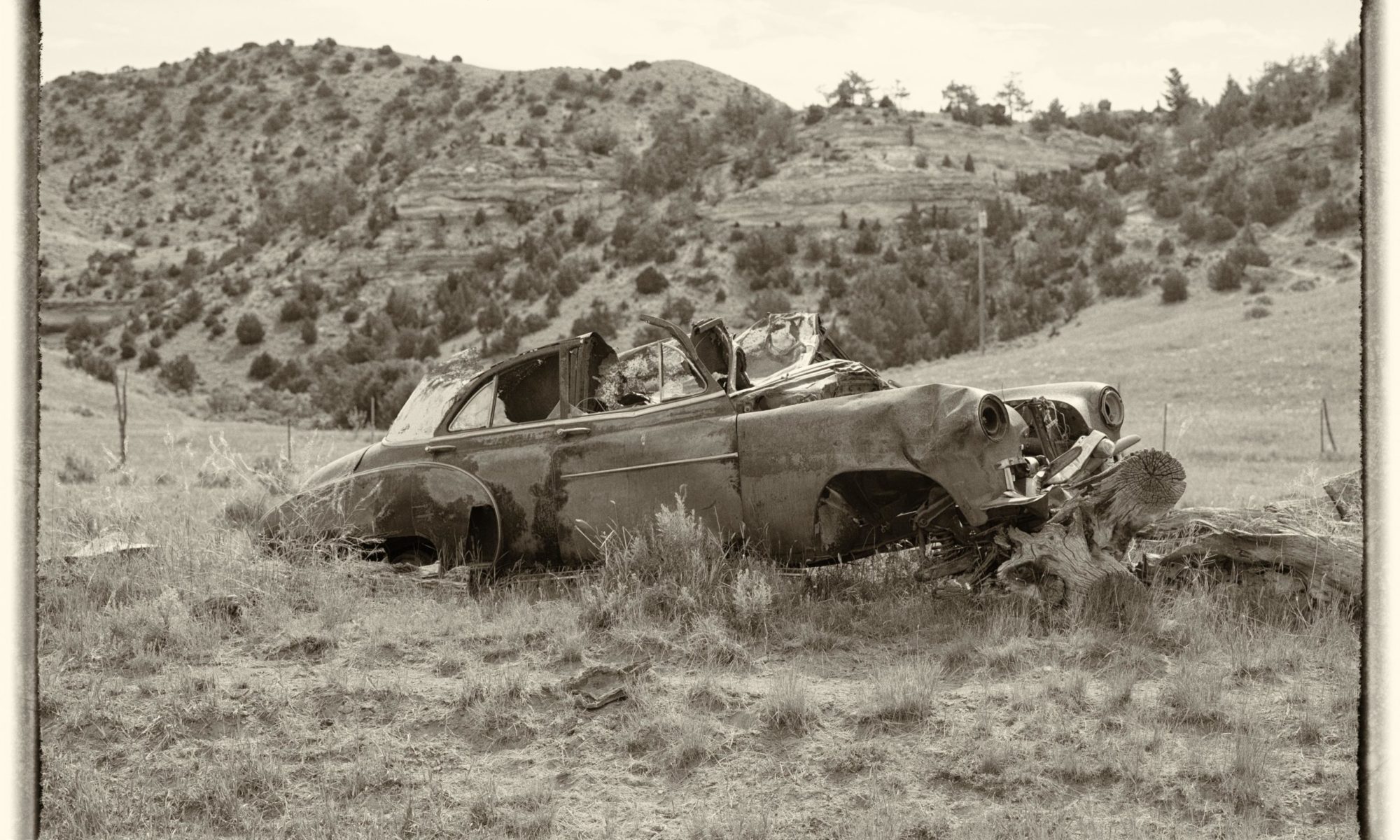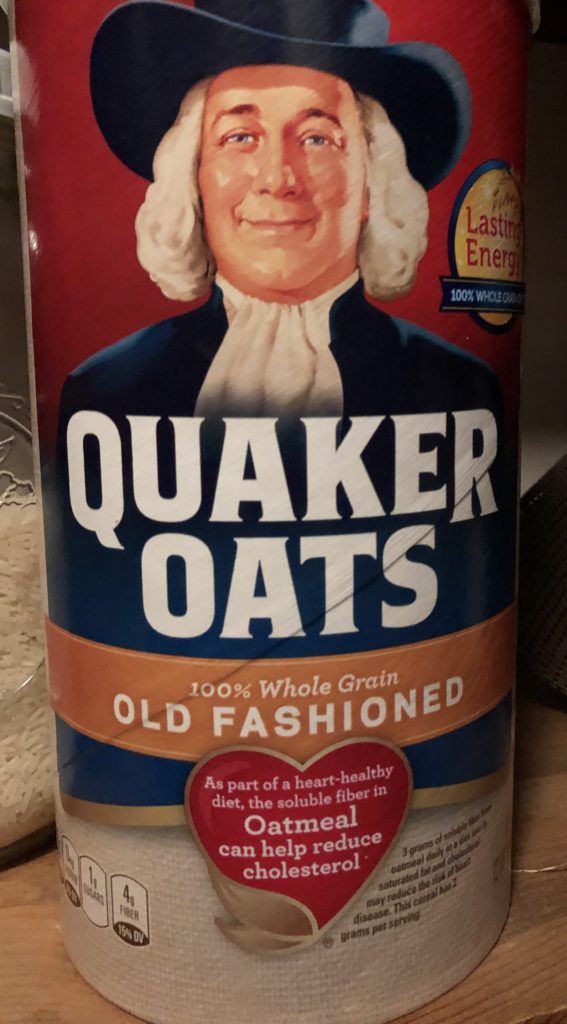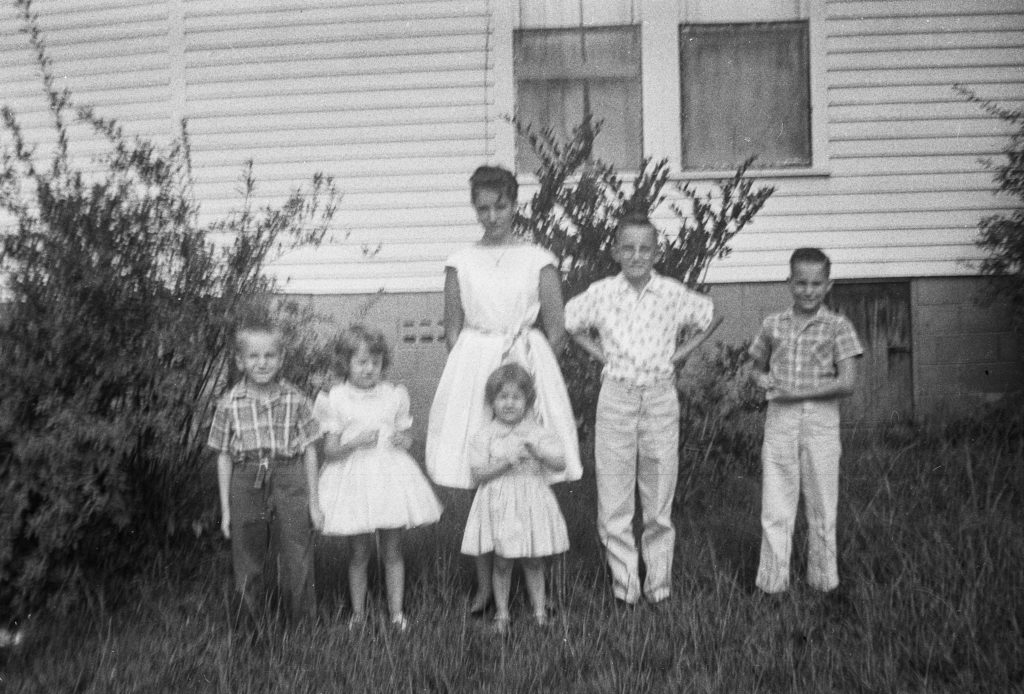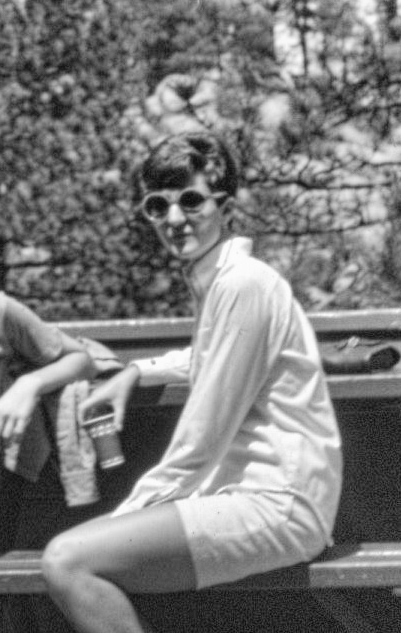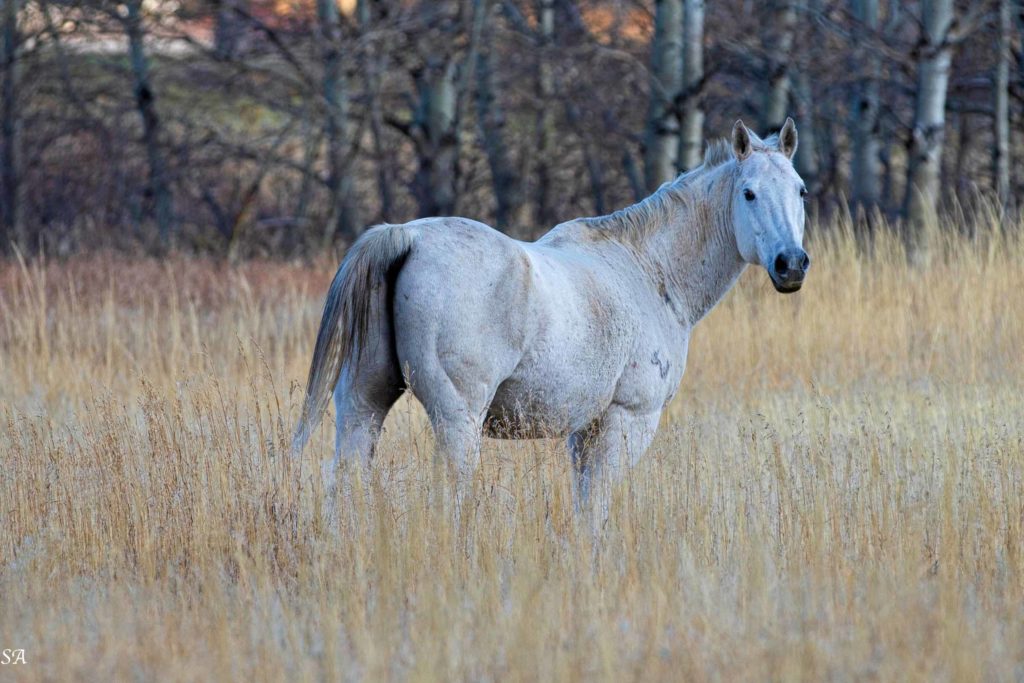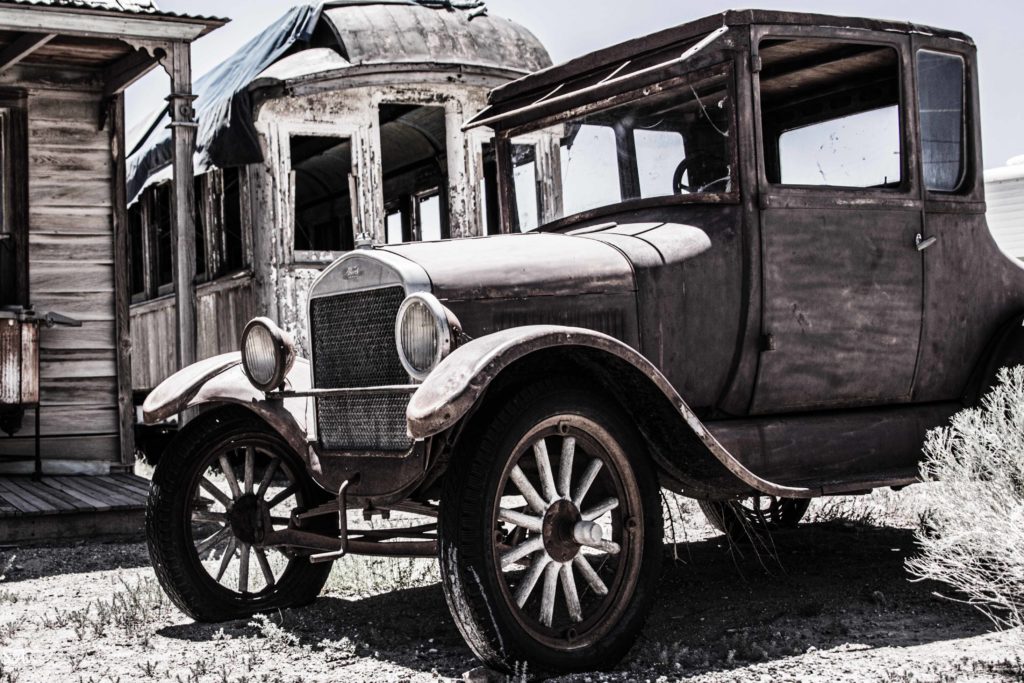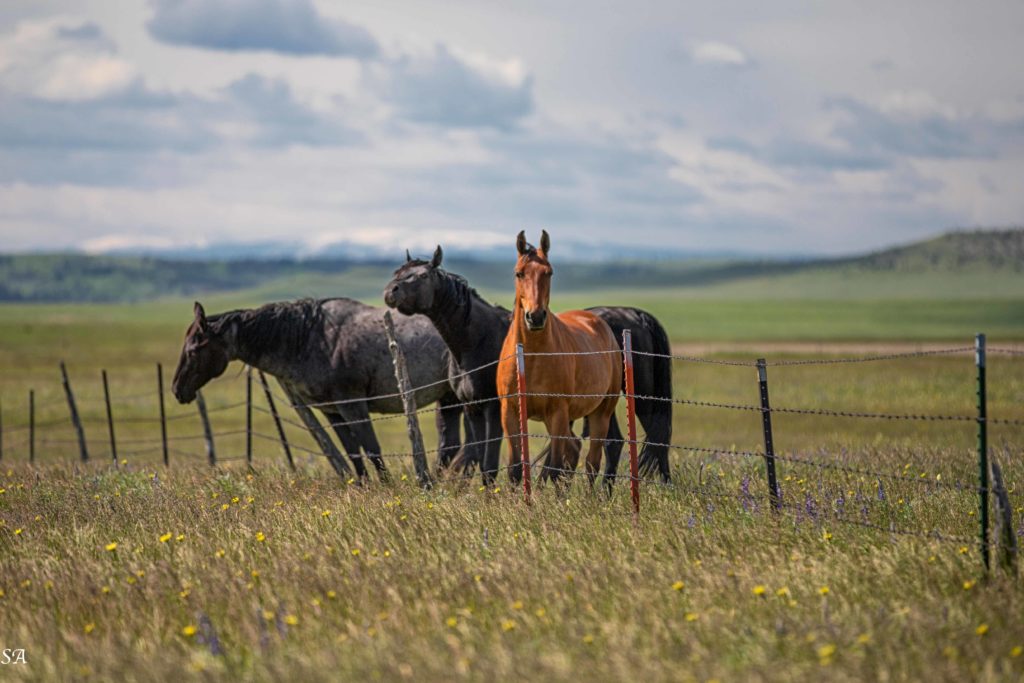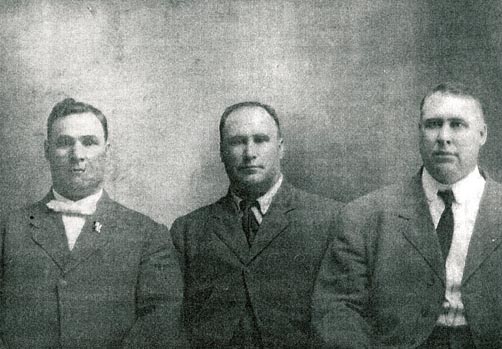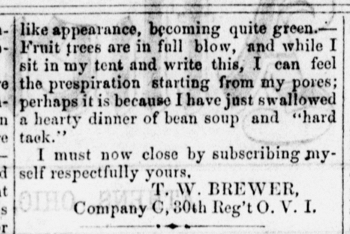This is taken from “Grandpa’s Book” which is a short compilation of stories given to one of his granddaughters for her 24th birthday. (One is never too old for Grandpa’s stories).
WARNING: The story you are about to read may not be true for every brand of oatmeal:
One morning I sat down to breakfast and my mother placed a dish of oatmeal on my plate. The oatmeal was cold. I had seen it before. I looked at the oatmeal and said, “Ugh.”
Mother frowned at me, “You said ‘Ugh’ yesterday and didn’t eat your oatmeal. If you eat your oatmeal you will be big and strong like your father.”
“I want to be big and strong like my daddy, but I don’t want to eat the same oatmeal that I didn’t eat yesterday.”
“Just one bite.” “O. K.,” I said.
I took a bite. I did not fall over dead, so I took another mouthful.
“Now you are eating your oatmeal like a man,” Mother said.
“It still tastes yuckie.”
“You will grow big and strong.”
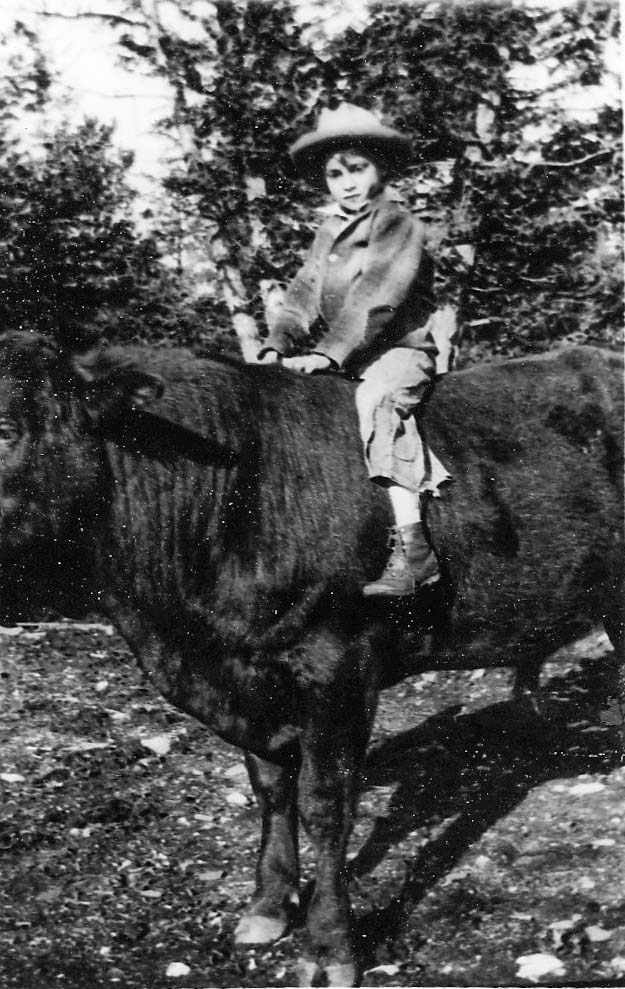
The tiger fighter even conquered the bull
“Hmph,” I said as I wandered outside. Since it was a nice day I decided to go for a walk in the woods. That was almost a mistake because the woods were dangerous. There was a tiger that lived in the woods. My Father had not seen the tiger, and my Mother had not seen the tiger, but my sister saw one. Whenever she had to baby sit she would say, “Stay in the yard because a monster tiger lives in the woods.”
But this day I had eaten my oatmeal and I felt big and strong. “Mr. Tiger,” I said, “You better watch out because I am going to get you. I’m not afraid of you.”
But that was before I saw the tiger. Wow! Was he big! He had long ears with tassels on them. He was striped and had a long tail. Yellow teeth hung out the corners of his mouth. A long beard hung under his chin, and he roared and leaped toward me.
“Be careful,” I said. “I ate oatmeal for breakfast.”
However, he acted like he did not hear me. He raised up on his hind legs and waved his terrible claws and chomped his terrible teeth.
“I warned you,” I growled. “Now get.”
He laughed a terrible laugh.
“Well, all right,” I said.
I reached out my left hand and grabbed his chin whiskers. He roared a terrible roar. It was his last because I picked him up by his tail and swung him around my head three times and threw him up in the sky. I flung him where he can’t come back.
If you go in the woods you will not see him on the ground. But if you look up in the sky you might see him. He looks just like a star. And all this happened because I ate my oatmeal for breakfast.
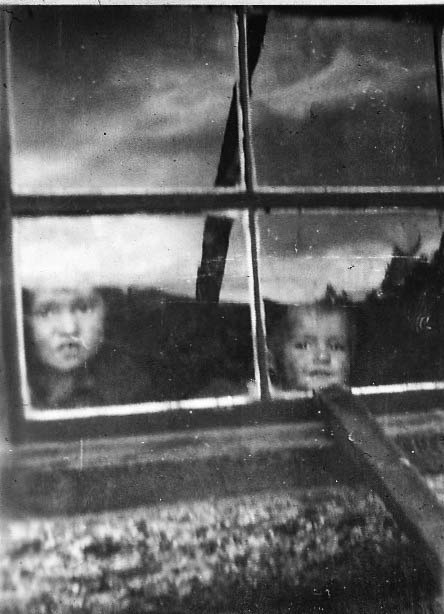
the big sister baby sitter & the tiger fighter peer out the window
